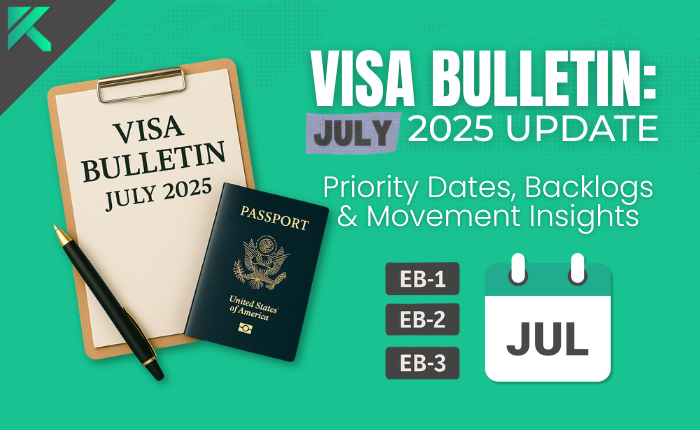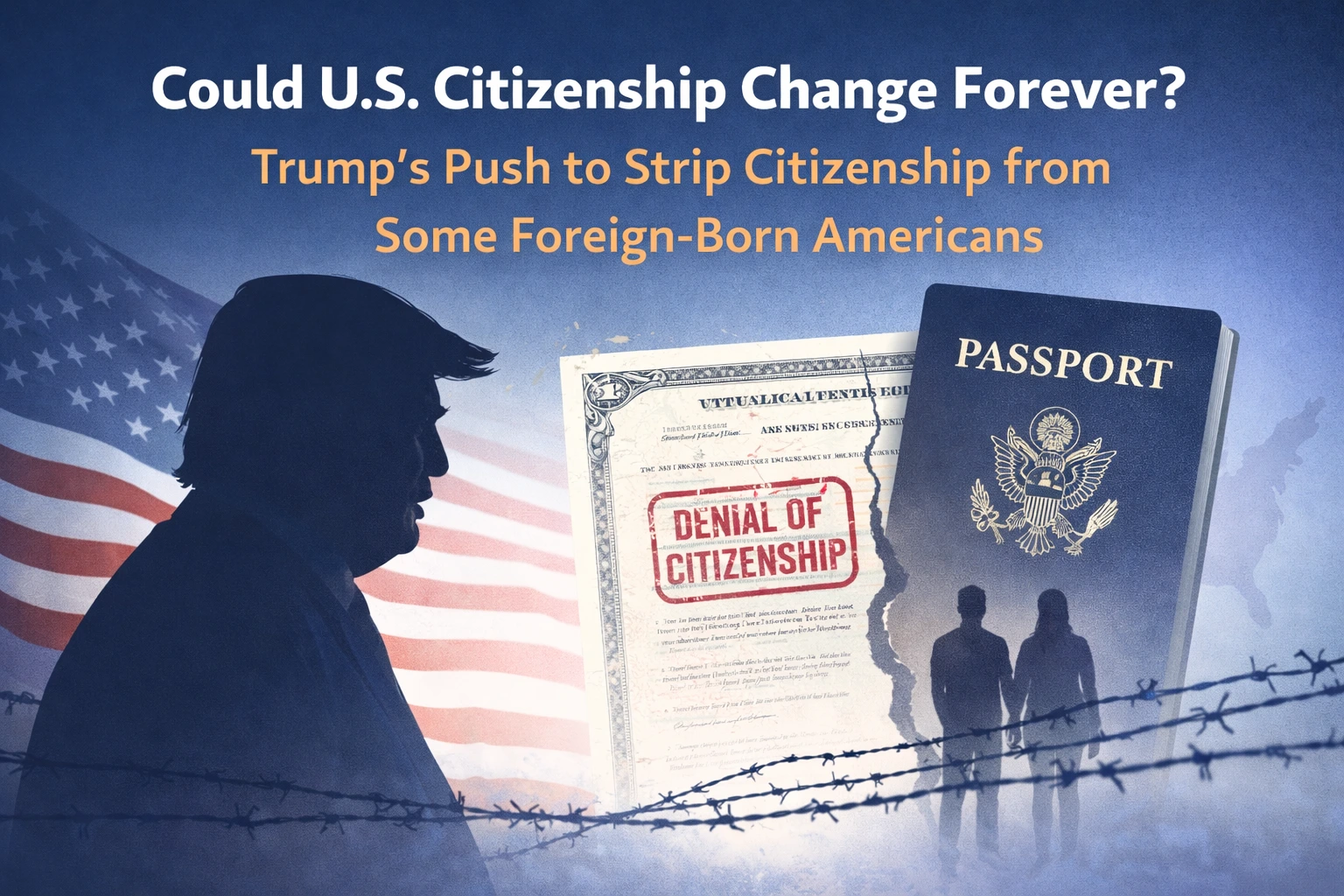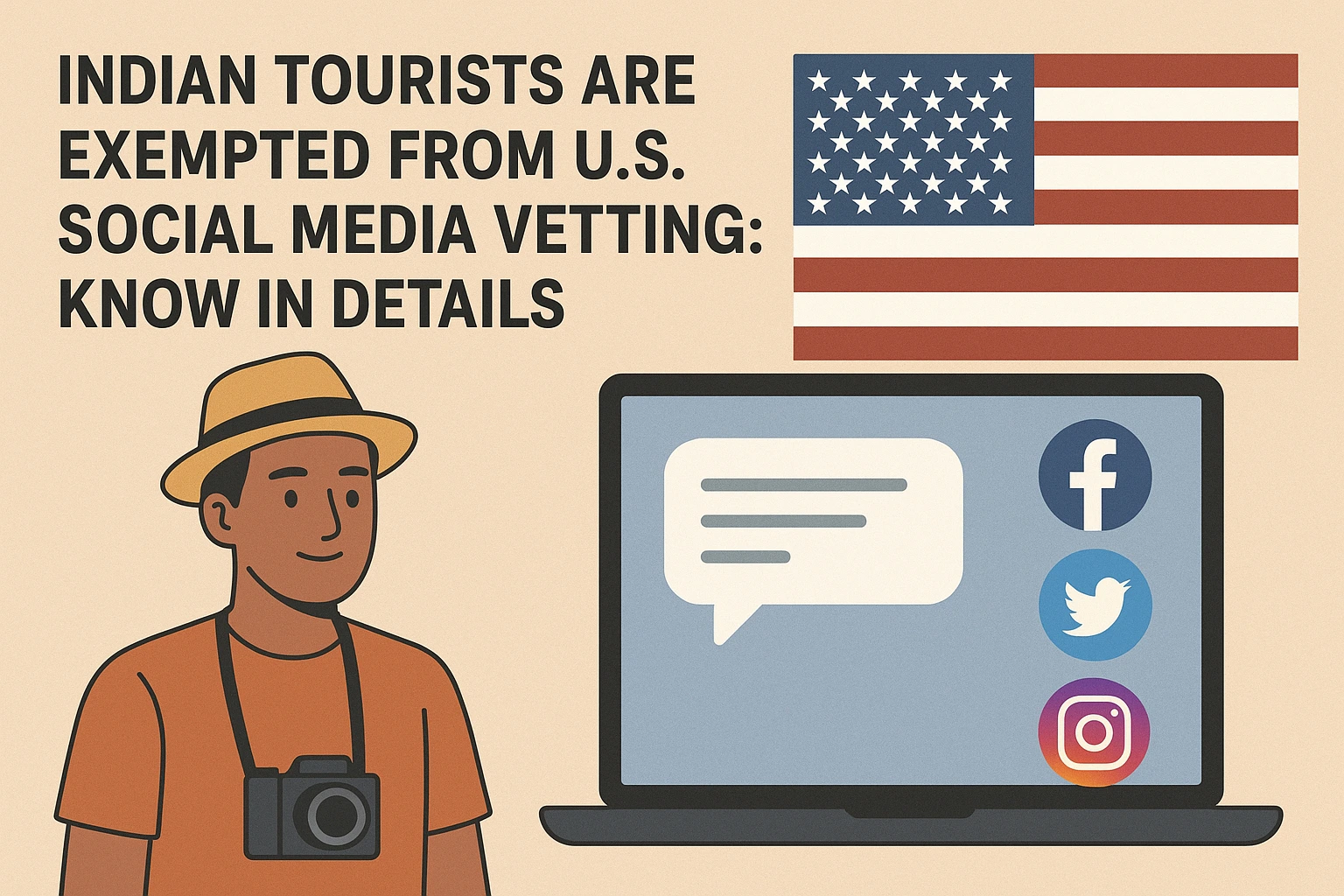Top 7 Common EB-1 Visa Application Mistakes & How to Avoid Them

The EB1 visa is one of the most reputed pathways to permanent residency in the United States. It is intended for individuals with exceptional or extraordinary skills, such as researchers, brilliant professors, or multinational business executives. That being said, it is essential to remember that the application process is complex, and even a minor error can lead to significant setbacks, delays, or outright rejection.
To ensure a smooth application process, it is essential to avoid common errors that could derail your application. Let’s delve into this post to discover our 7 common mistakes in EB-1 visa applications and learn how to avoid them.
Seven mistakes that can cause a major setback in your EB-1A visa petition
Misunderstanding the Eligibility Criteria
Underestimating the eligibility criteria is one of the most frequent mistakes people make while applying for an EB-1 visa. Many people believe that possessing high-end qualifications or holding top positions is sufficient to obtain an EB-1 visa.
The U.S. Citizenship and Immigration Services (USCIS) has already established a higher standard for the EB-1 visa. So, having a PhD, winning accolades, or leading multinational brands doesn’t automatically make your application eligible.
Ensure thorough research for the EB-1 categories, which include subcategories such as EB-1A, EB-1 B, and EB-1C. Understand the expectations of USCIS and tailor the application accordingly.
Failing to Provide Satisfactory Evidence
Failing to prove extraordinary abilities with proper evidence is another common error people often make. All applicants must fulfill 3 out of 10 criteria that USCIS has predefined. The criteria include published work, awards, memberships in associations, media coverage, and more.
Failure to provide sufficient evidence can weaken the application and result in an unfavorable decision. To avoid this mistake, always understand and align with the EB-1 criteria. Organize and prioritize the evidence that adheres to USCIS standards. Additionally, review the successful EB-1 cases before submitting your application.
Amateur Level Recommendations Letters
A recommendation letter is a crucial component of the EB-1 visa application, as it provides independent confirmation of the applicant's credentials and accomplishments. Sending expert letters of recommendation helps USCIS officials comprehend the significance of the applicant’s contribution to the respective field.
Always choose a credible author to write the recommendation letters, and prioritize quality over quantity. It is also essential to highlight extraordinary abilities in the recommendation letter, along with specific evidence. It is also wise if the recommendation letter demonstrates national interest impact. This will drive the attention of the visa-approving officials.
Not Meeting Deadlines
Adhering to USCIS's submission deadlines is very important. Failing to meet this requirement is a grave mistake that can jeopardize the visa application. USCIS is very particular about deadlines for submitting applications, filing appeals, and responding to Requests for Evidence (RFEs). Submitting an incomplete application or one submitted after the deadline will automatically result in closure or denial.
Always double-check the official deadline from the USCIS website and track the timeline. Always remain proactive and keep things organized. Also, submit your application before the deadline to avoid such mistakes.
Overlooking Media Coverage
Media coverage is one of the most potent forms of evidence for EB-1 applicants. Still, many applications either neglect or fail to gather significant media documentation. Adding only a few articles or blogs is not enough. The citations for media coverage must come from reputed and independent sources. It must also showcase the contribution of the application in the respective field.
It is recommended to have media coverage in a consistent form rather than relying on last-minute preparation. One can also consult an expert PR consultant for a comprehensive media coverage study.
Inadequate Preparation for RFEs (Requests for Evidence)
USCIS requests additional evidence as a source of information to inform its decision on an immigration case. RFE does not mean that the case is denied; rather, it indicates that the authority is requesting additional information. However, receiving an RFE from USCIS can meaningfully delay the overall visa application if it is not adequately handled. It is observed that applicants often fail to provide substantial data for RFEs, resulting in submissions that are imperfect, poorly organized, or immaterial.
It is best to submit a thorough initial application and always anticipate potential concerns. Responding to the RFEs accurately and promptly is also very necessary to avoid this mistake.
Not Getting Professional Guidance
Mistakes are bound to occur regardless of the applicant's preparation. This mainly occurs not because of a lack of knowledge but due to the legal system's complexity. Immigration is a highly complex arena constantly evolving with new regulations and procedural changes.
Navigating the overall visa application process can be overwhelming, especially for those with limited knowledge of these laws. Connect with professional mentors like GCEB1 for guidance from EB1A Experts who believe that exceptionally talented individuals can achieve stability and freedom in the United States through the EB-1 Green Card.
To sum it up, applying for an EB-1 visa is a comprehensive process that requires careful attention to detail and strategic planning. Avoiding the mistakes discussed above can significantly increase the likelihood of success.






.png)

.webp)

.png)


.png)